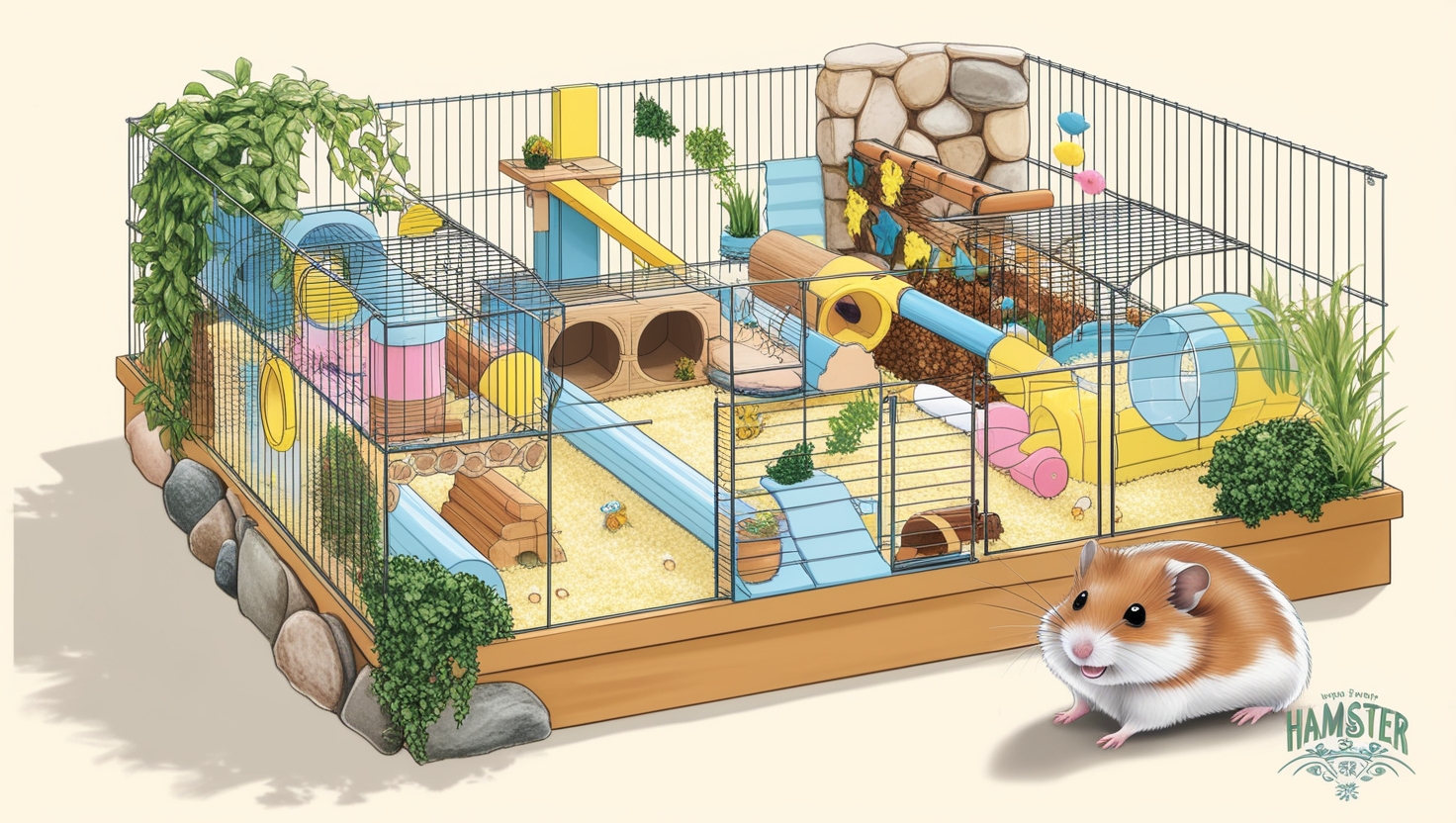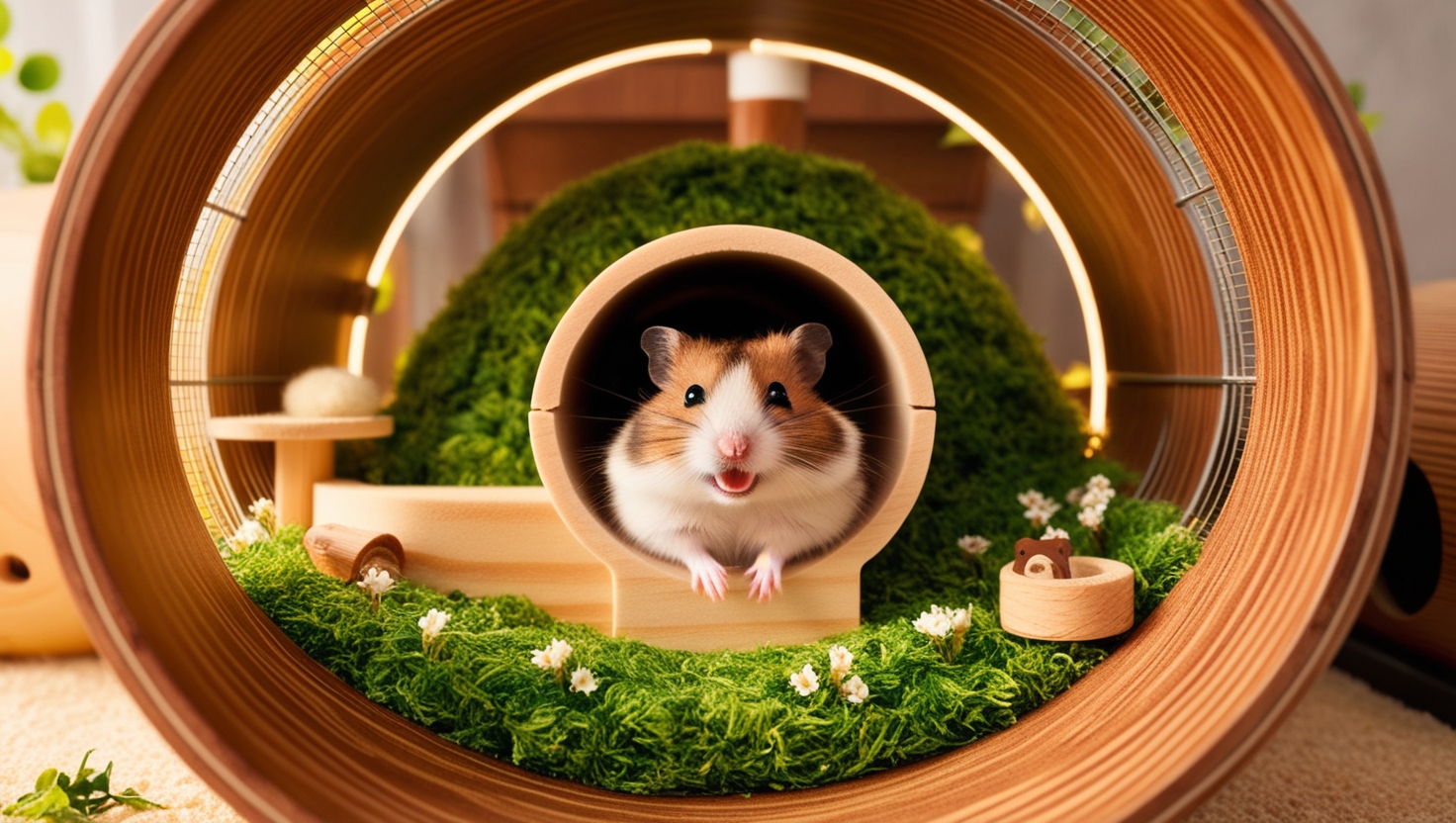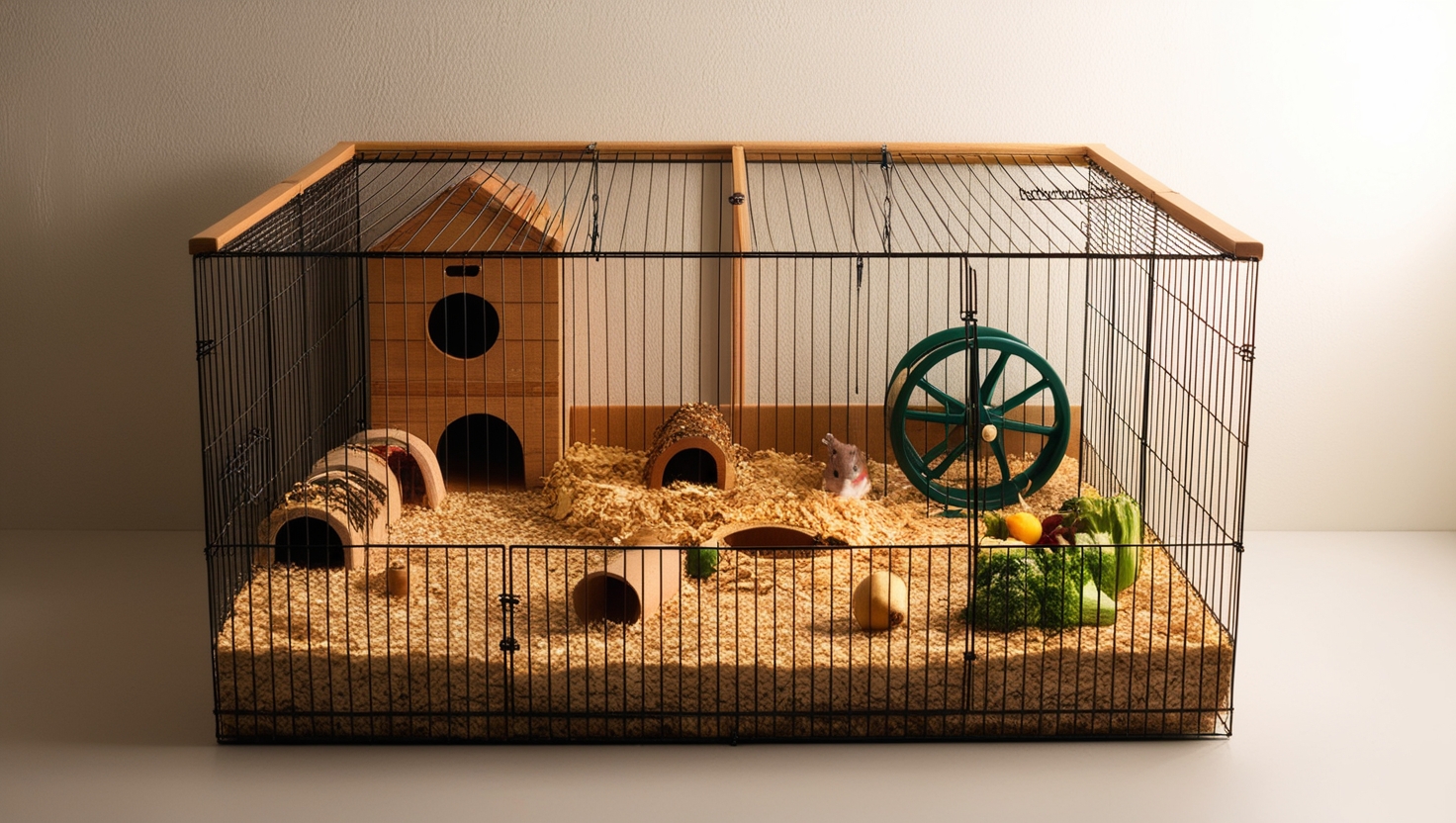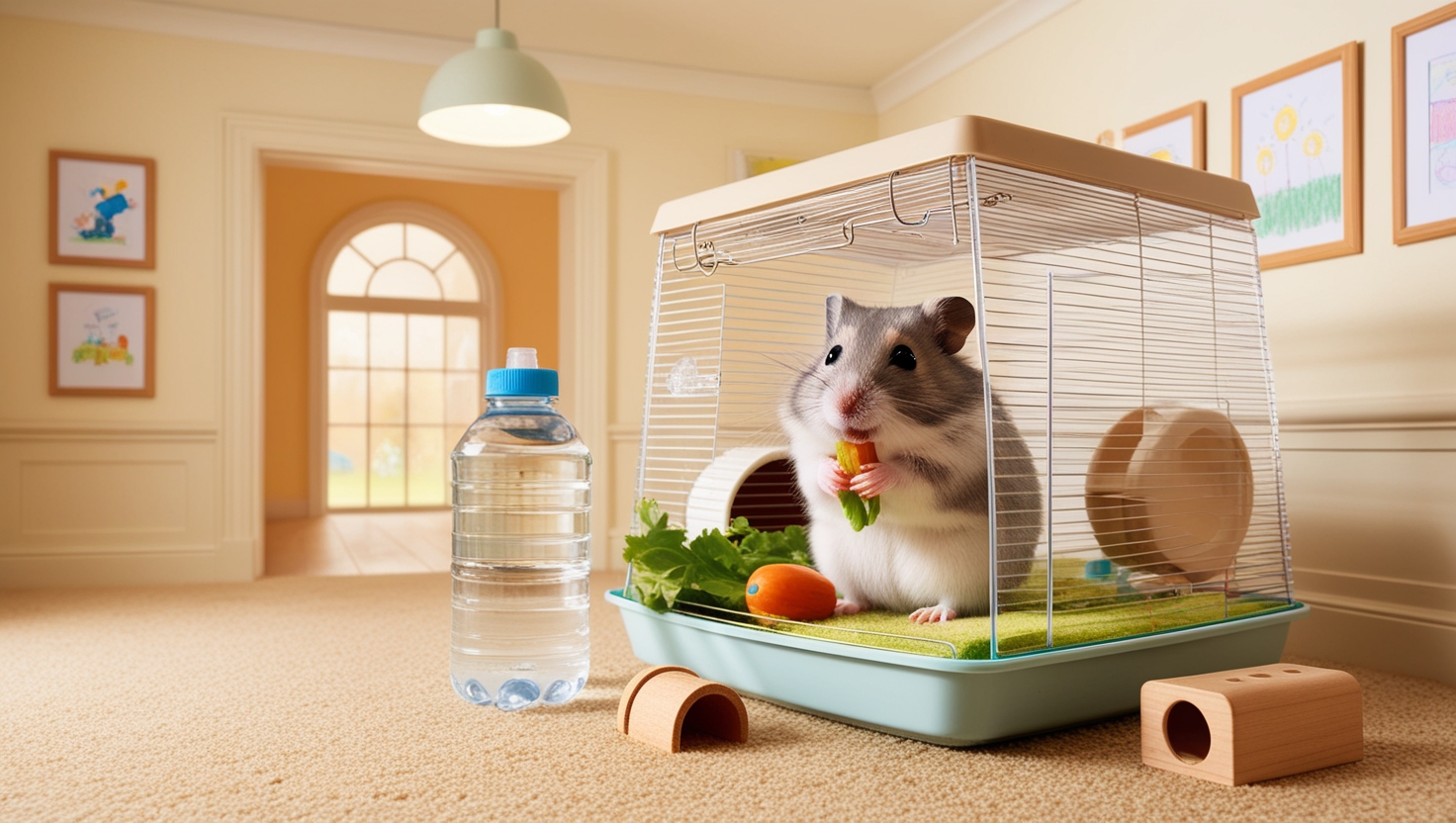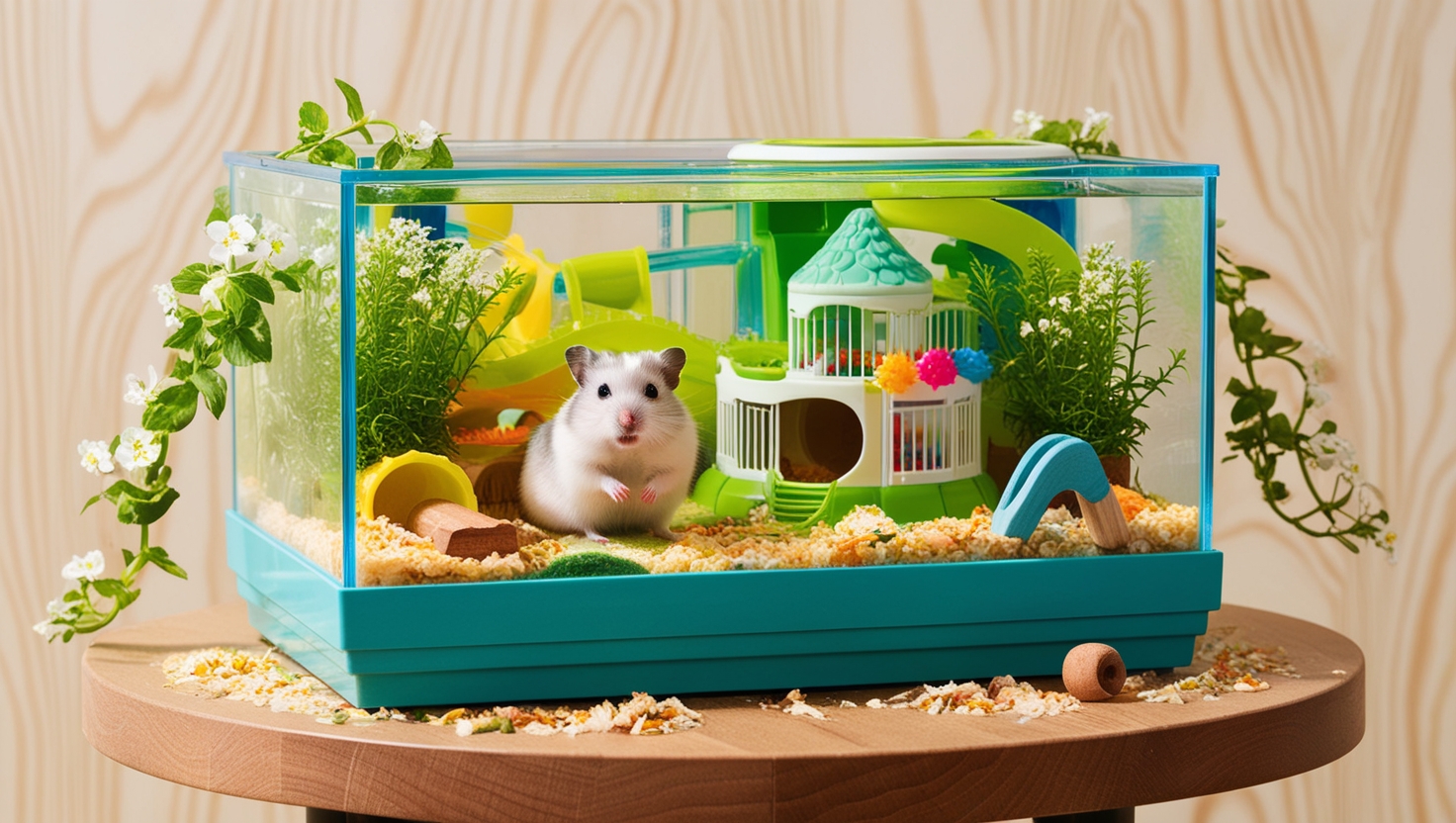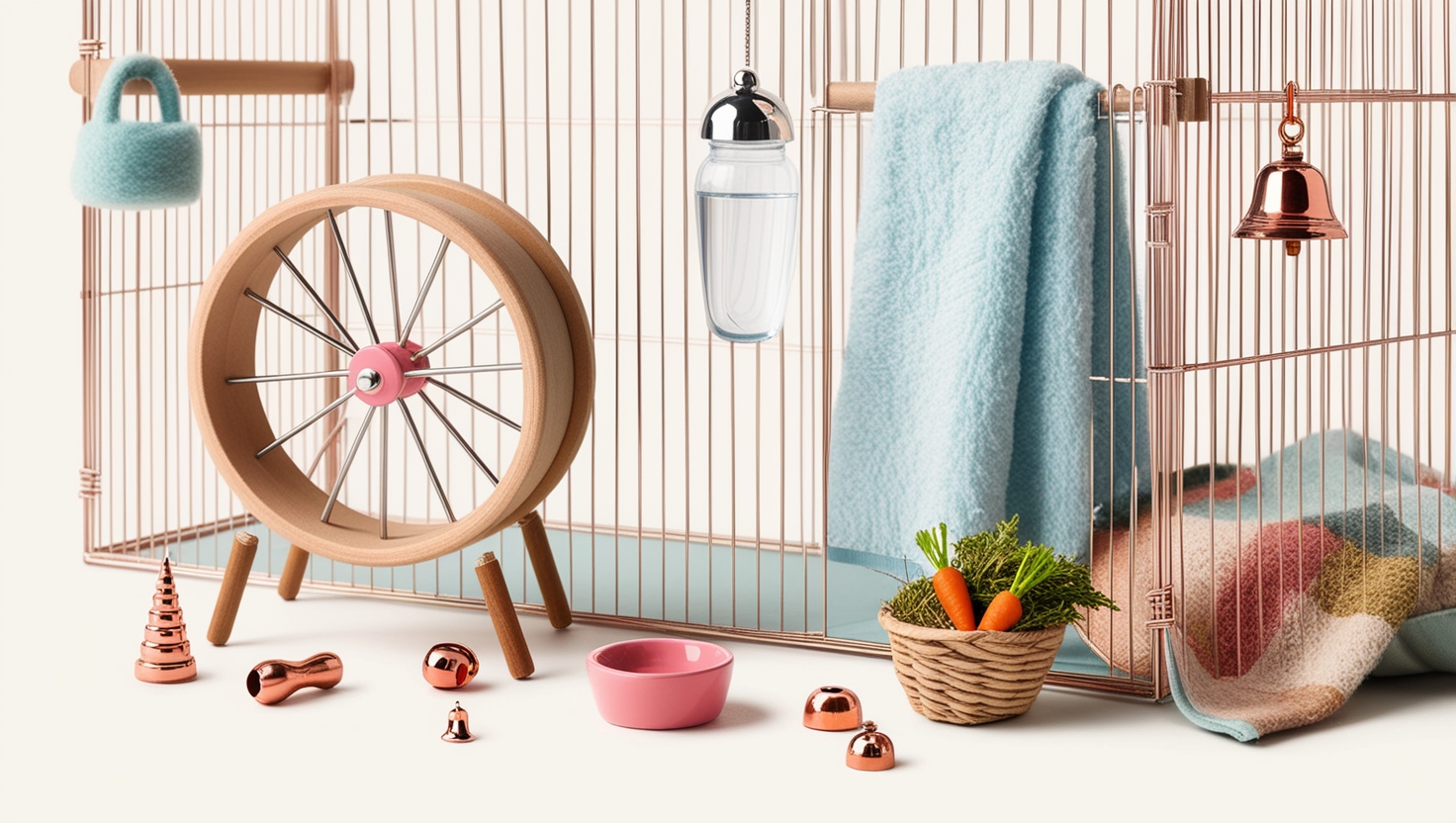So, you’re thinking about welcoming a cuddly hamster into your home? That’s fantastic! Hamsters are delightful little companions, but before you bring one home, creating a safe and stimulating environment for them is crucial. And it all starts with choosing the perfect hamster cage.
The Importance of a Good Hamster Cage
Think of the hamster cage as your new furry friend’s personal palace. It’s where they’ll spend most of their time – eating, sleeping, playing, and, well, being a hamster! A cramped, boring cage can lead to stress, boredom, and even health problems.
Factors to Consider When Choosing a Hamster Cage
Let’s break down the key factors to keep in mind when picking out the ideal hamster cage:
1. Size Matters: Bigger is Always Better
“My hamster Barnaby absolutely loves to explore,” says Dr. Emily Carter, a veterinarian specializing in small animal care. “A spacious cage provides ample room for running, burrowing, and playing, which is essential for their physical and mental well-being.”
While the minimum recommended cage size is around 450 square inches of floor space, always aim for the largest cage you can reasonably accommodate. Remember, a larger cage isn’t just about floor space; it’s about providing enough height for climbing and exploring.
2. Cage Types: Wire, Plastic, or Glass?
Choosing the right cage type can be a bit of a head-scratcher. Each type has its pros and cons:
- Wire cages offer excellent ventilation and climbing opportunities but can be drafty and messy if your hamster is a vigorous kicker of bedding.
- Plastic cages are generally more secure and easier to clean, but they may not offer as much ventilation as wire cages.
- Glass tanks provide a clear view of your hamster’s antics, but they can be heavy and require extra attention to ventilation.
3. Cage Accessories: Creating a Hamster Haven
The fun part is customizing your hamster’s new home! Here are some must-have accessories:
- A solid wheel: Choose a solid wheel that’s large enough for your hamster to run comfortably without their back arching.
- Bedding: Provide a thick layer of safe bedding material like aspen shavings or paper-based bedding for burrowing and nesting. Avoid cedar or pine shavings, as they can be harmful to hamsters.
- Hideouts: Every hamster needs a cozy place to retreat and feel secure. Offer multiple hideouts, like ceramic houses, cardboard boxes, or even empty coconut shells.
- Food dish and water bottle: Choose a heavy ceramic food dish that won’t tip over easily and a water bottle with a sipper tube for easy access to fresh water.
- Chew toys: Hamsters have constantly growing teeth and need to chew to keep them trimmed. Provide safe chew toys like wooden blocks, cardboard tubes, or commercially available hamster chews.
4. Cage Placement: Finding the Perfect Spot
Where you place your hamster’s cage can significantly impact their well-being. Here are a few tips:
- Avoid direct sunlight: Hamsters are sensitive to heat and can easily overheat.
- Minimize drafts: Drafts can chill your hamster, so keep the cage away from windows and air vents.
- Choose a quiet location: Loud noises can stress your hamster. A quiet room away from the hustle and bustle of the house is ideal.
A Happy Home for a Happy Hamster
Choosing the right hamster cage is one of the most important decisions you’ll make as a hamster parent. By considering the factors we’ve discussed, you can create a safe, stimulating, and comfortable home for your new furry friend. Remember, a happy hamster is an active, playful hamster!


